Oscilloscope Background |
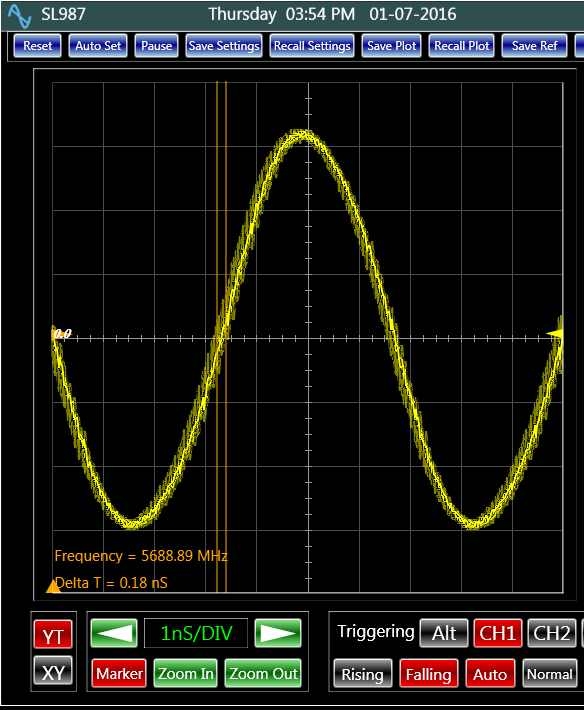 In the first part of this article a simple phase noise measurement technique with a resolution of 10 ps was explained. There are other techniques, which could enhance the performance of the measurement to sub-picoseconds. That is the subject of this article.
In the first part of this article a simple phase noise measurement technique with a resolution of 10 ps was explained. There are other techniques, which could enhance the performance of the measurement to sub-picoseconds. That is the subject of this article.
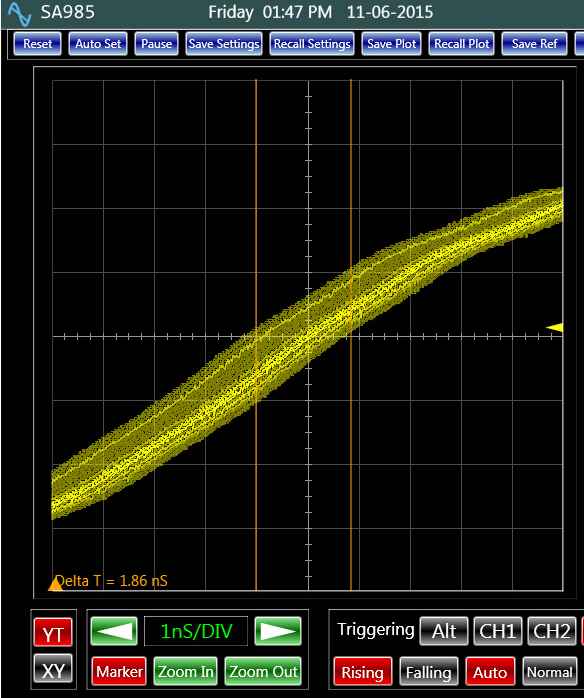 Often clock jitter induced from the power supply noise, signal routings, or other signals severely degrade the performance of the system. Clock generation and distribution in a FPGA for a high speed analog application is particularly prone to these issues. They manifest themselves in phase noise or clock jitter, which is the random variation of the period of a signal over time. Clearly, optimization of the design requires verification of the integrity of such clocks.
Often clock jitter induced from the power supply noise, signal routings, or other signals severely degrade the performance of the system. Clock generation and distribution in a FPGA for a high speed analog application is particularly prone to these issues. They manifest themselves in phase noise or clock jitter, which is the random variation of the period of a signal over time. Clearly, optimization of the design requires verification of the integrity of such clocks.
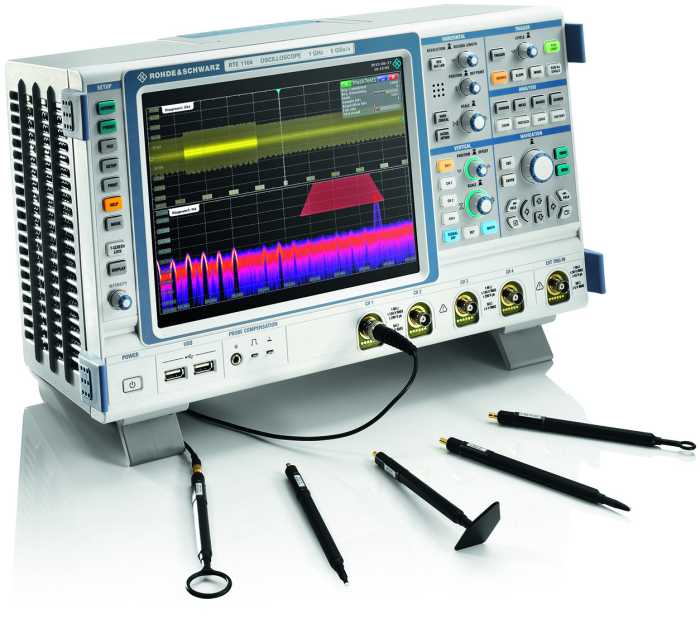 Oscilloscopes featuring high sensitivity and dynamic range combined with powerful FFT capabilities are ideal tools for EMI debugging. Electromagnetic interference from electronic circuits and boards can be detected and analyzed with high speed and accuracy.
Oscilloscopes featuring high sensitivity and dynamic range combined with powerful FFT capabilities are ideal tools for EMI debugging. Electromagnetic interference from electronic circuits and boards can be detected and analyzed with high speed and accuracy.
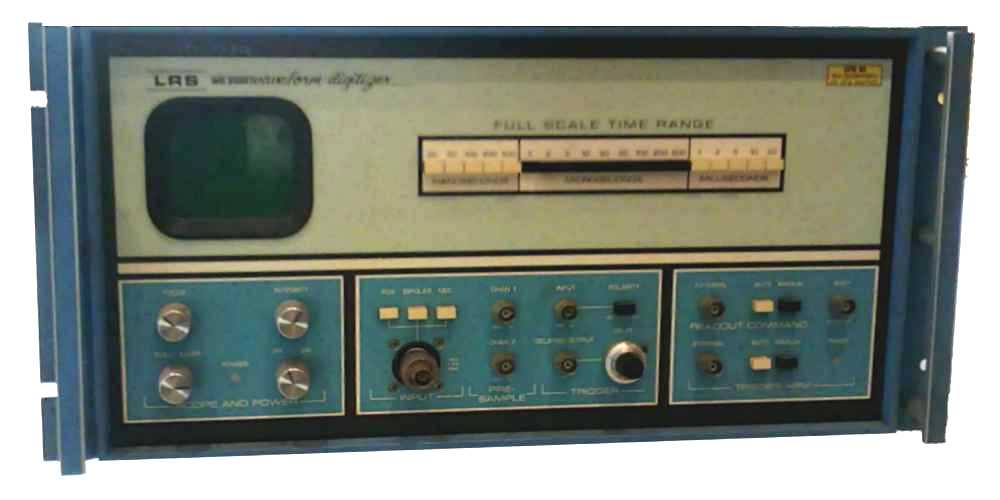 Oscilloscopes have been invented in the 1920s. Up to now this instrument encountered many innovations. In the beginning the most important manufacturers have been General Radio, DuMont, General Electric and Radio Corporation of America. Later Cossor and later Solartron dominated the market. Today the main players are Keysight, Tektronix and Teledyne LeCroy. Below we listed some important oscilloscope milestones.
Oscilloscopes have been invented in the 1920s. Up to now this instrument encountered many innovations. In the beginning the most important manufacturers have been General Radio, DuMont, General Electric and Radio Corporation of America. Later Cossor and later Solartron dominated the market. Today the main players are Keysight, Tektronix and Teledyne LeCroy. Below we listed some important oscilloscope milestones.
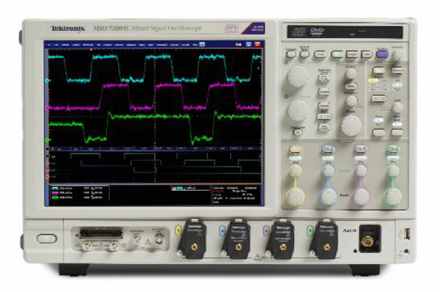 Today’s technology is fundamentally balanced on an increasingly fine line between the analogue and digital domains; as data speeds increase — both within and between devices — the ‘ideal world’ of fast, clean digital transitions becomes evermore difficult to achieve. This presents new and escalating challenges when verifying faster digital signals that exhibit more and more analogue-like features. As a result it is becoming necessary to remove the hard line between digital and analogue.
Today’s technology is fundamentally balanced on an increasingly fine line between the analogue and digital domains; as data speeds increase — both within and between devices — the ‘ideal world’ of fast, clean digital transitions becomes evermore difficult to achieve. This presents new and escalating challenges when verifying faster digital signals that exhibit more and more analogue-like features. As a result it is becoming necessary to remove the hard line between digital and analogue.
Page 1 of 2

 How to resolve AdBlock issue?
How to resolve AdBlock issue? 